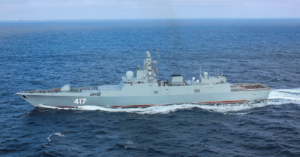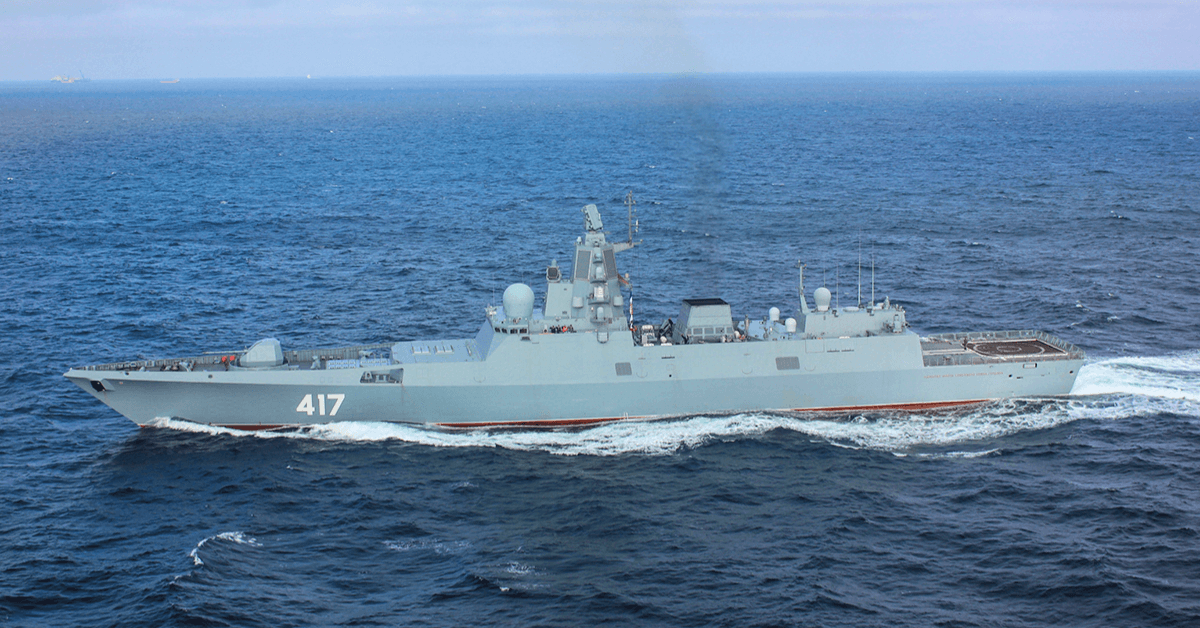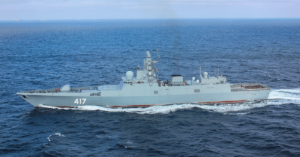
Norway’s Largest Zero-Emission Ferry Begins Journey From Turkey
April 18, 2025
Port Everglades Welcomes First Cargo Ship Powered By LNG To Call Port
April 18, 2025

US President Donald Trump has extended a ban on Russian ships from docking at US ports, continuing a policy first put in place by former President Joe Biden in April 2022 after Russia invaded Ukraine.
The decision was confirmed through an Executive Order signed on April 15 and published in the US Federal Register.
The ban, which restricts the anchorage and movement of vessels owned by or linked to Russia, has now been extended for another year.
According to the Executive Order, “The policies and actions of the government of the Russian Federation continue to constitute a national emergency because of a disturbance or threatened disturbance of international relations of the United States.”
Although mostly symbolic, since only about 1,800 Russian ships visited U.S. ports in 2021, the move adds to U.S. efforts to keep pressure on Russia through sanctions and trade limits.
The US initially implemented this step shortly after European allies and Canada introduced similar restrictions in response to the Ukraine conflict.
Trump has vowed to end the war, but his attempts to start peace talks keep failing.
Plans are in place for an in-person meeting between Trump and Russian President Vladimir Putin. Kremlin spokesperson Dmitry Peskov also confirmed on Sunday that a meeting is being arranged.
Even though he tried to help resolve the conflict, Trump’s administration still refuses to lift the sanctions.
The US State Department has stated that sanctions, including the vessel ban and restrictions on Russian oil exports, will remain until a ceasefire is reached.
The ban, initially declared in Proclamation 10371, grants the US government emergency authority over the regulation of Russian-affiliated ships in American ports.
Trump also recently extended another national emergency order related to “harmful foreign activities of the Russian government,” which was first declared by Biden in 2021.
Additionally, US lawmakers have introduced new legislation targeting Russia’s shadow fleet, a group of aging oil tankers operating under obscure ownership and often lacking proper insurance or consistent flag registration.
These ships, mostly active in the Baltic Sea, are used by Russia to bypass global restrictions on oil exports.
Security officials have also raised concerns that such vessels may be used for intelligence gathering or intercepting communications.
References: TASS, Newsweek
Source: Maritime Shipping News


